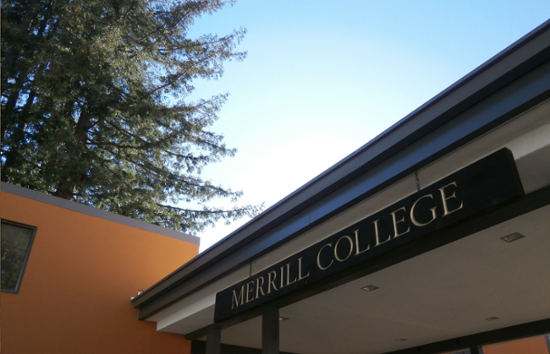Merrill College Programs & Courses

Merrill College is proud to support a diverse range of programs that are united in the goal of fostering experiential learning. These programs model active civic and academic engagement in schools and agencies, in research, and mentor students as they participate. They take education beyond the classroom. Merrill is currently supporting the development of new programs while supporting and growing existing programs. Some of these programs offer academic credit; others do not. All encourage tangible, hands on learning meant to spark a sense of purpose, caring, and drive in students that will last well beyond college. They all provide students the chance to dig deeper into what it means to be a Merrill student on campus, in the Santa Cruz community, and in the world.
Academic Experiential Programs
Field study internships have been an essential part of Merrill College since the college’s founding in 1968. There are opportunities for experiential education through internships offered every quarter. These are especially valuable for students whose own majors may not offer experiential education internships. Participants in the Field Study program learn principles of field study and learn how to take field notes while simultaneously serving as participant-observers in off-campus organizations, earning academic credit according to the number of placement hours completed in a quarter. Students find the placements give them a sense of grounded purpose as they simultaneously pursue their more traditional studies in the classroom. Some find placements directly connected with their majors; others find placements that feed another passion. Students study the agencies while working within them, enriching their educations while actively participating in work that benefits the greater Santa Cruz community. If you're interested in Field Study, contact Mike Rotkin at openup@ucsc.edu for more information.
The Merrill Undergraduate Research Mentorship Program enables upper-division students to work closely with faculty members by assisting them on their research via paid research mentorships. Students learn methods and techniques for research under a faculty member actively engaged in current research. Faculty members mentor students in unique one-on-one partnerships, teaching students hands-on research practices in their mutual fields of interest. Faculty thus inspire potential research paths while serving as guides and companions, a wonderful introduction to the world of research for students still in an undergraduate program.

